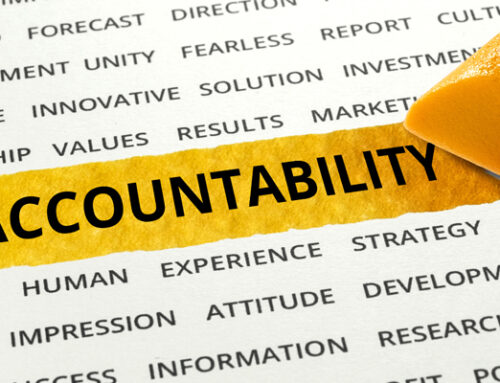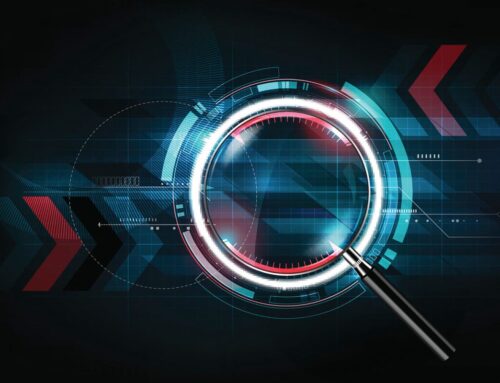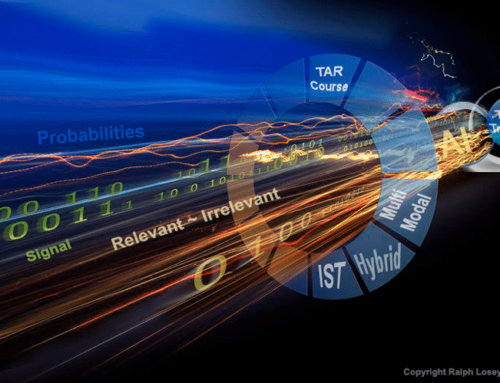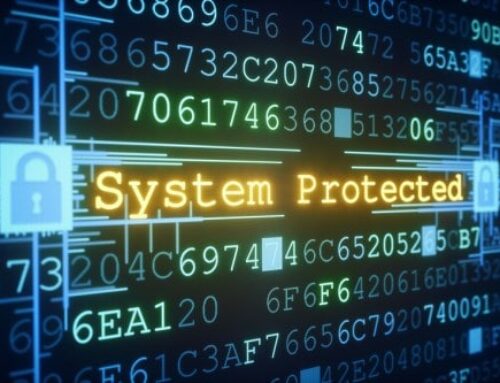The Internet of Things:
The Internet of Things (IoT) is the connection of devices (i.e. smart phones, smart watches, Google Nests, etc.) to the internet or a secure network that are capable of collecting and transmitting data without human-to-human or human-to-computer interaction. Lawyers that want to stay on the leading edge of technology have been familiarizing themselves with this type of data. Definted by FRCP 34, IoT data often falls into the electronically stored information (ESI) category. During meet and confer conferences, attorneys discuss if IoT data is relevant to the proceedings.
The use of IoT data is more prominent in criminal proceedings and civil litigation; however, this type of data can be used for corporate litigation as well. Patent, data breach, and consumer fraud litigation are all categories where IoT data can be useful. As this type of data is still newer, the legal field has not fully embraced everything IoT data has to offer. The current challenge facing the legal industry is how to maintain standard processes across these new data sources so that the ESI produced can be processed and reviewed in properly and cost-efficiently.
A very real application of IoT is the alleged murder of Victor Collins. Collins was found dead in the hot tub outside of his home. The police investigating the case saw there was an Amazon Echo in the house and asked Amazon to provide the data from the device. The Amazon Echo is a smart device that records audio when triggered with the word “Alexa” and uploads the recording to the cloud. The police didn’t believe a criminal would have triggered Alexa, but they were hoping the device data could, at least, establish if another individual had been in Collins’ home at or near the time of his death. Orignally, Amazon refused to release the data, citing the First Amendment. Eventually, permission was given to the authorities to access the data.
With the use of smart devices rapidly on the rise, IoT data will become a necessary part of eDiscovery. Standard processes will be put in place and this type of data could help criminal, civil, and corporate cases in an unprecedented way.
For more Tidbits & Thoughts, please click here.






